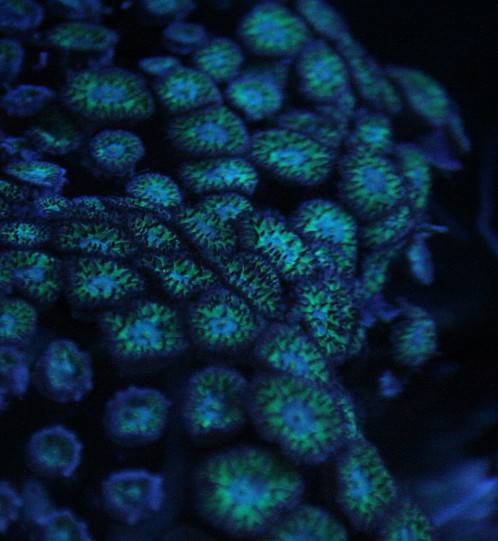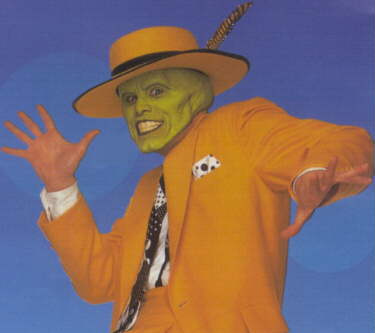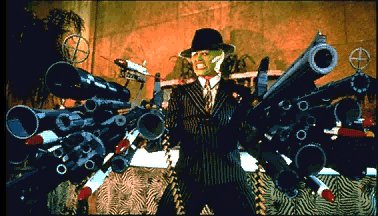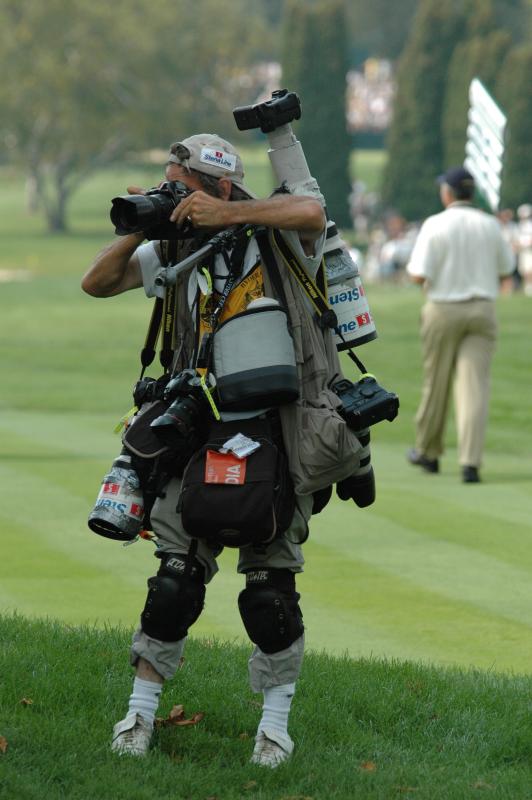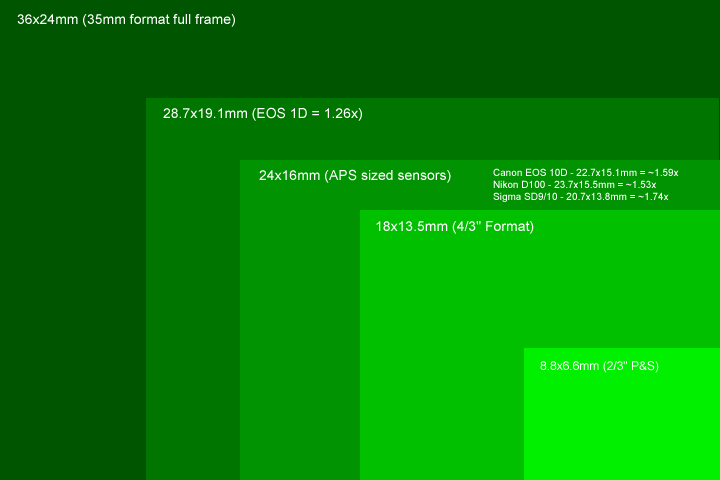-
Posts
8,338 -
Joined
-
Last visited
Content Type
Profiles
Forums
Gallery
Everything posted by roidan
-
-
-
-
-
that's a merletti... thinking of cashing it for a few big blue crisp notes?
-

anyone know's octo/david's new hp number?
roidan replied to loupgarou's topic in General Reefkeeping_
wow, i believe this is only the tip of the iceberg...imagine how many more reefers have deposits with him... i agree you guys should group together to share out the litigation costs, if any. he probably thinks he can get away letting you guys feeling frustrated all by yourselves and weak as individuals. show him that as a group, you guys can demand a proper explanation and compensation from him. good luck for those involved 加油 加油 -
many other bros have it lah... just that most of us neglected it......thanks to your thread that reminded us how precious this merletti is deepblue has some nice ones too http://www.sgreefclub.com/forum/index.php?...topic=24832&hl= in fact, probably the chap that bought your merletti can approach me if he likes to collect merlettis....i wouldn't object to having a few more crisp big blue notes in my wallet more bullets to go LFS hunting
-
i would like to think mine is a merletti amongst the tons of wellsi i have. in fact, i thought it was so cheap and invaluable that after fraggin some pieces for my friends, i chucked it to the very very corner of my sump , to the point some of the polyps receded from lack of light. after this thread, i promptly accorded it the VIC (very important coral) treatment and upgraded it to main tank status... so please tell me if i am right to say that mine is a merletti picture taken just after i move it up to the main tank...will try to take again with them in full bloom
-
-
my colony of 5-cent-coin polyp size merletti longer than a human palm costs me only 2 red notes.... his one is 50 cent-coin gargantuan merletti, maybe that's why his one worth hundreds of dollars... or maybe cannot use merletti to classify the gem he sold liao
-
-
this photographer must be waiting to take precious pictures of truly exciting stuff in ancelot's tank see how well prepared he is *POOF*
-
OK, firstly, when you put a 300mm lens on a D60 you do NOT get a 480mm lens – it is still a 300mm lens. What has changed is the format of the camera – from 36x24mm film to a 22.7x15mm chip. This is the crucial point – it’s a different format therefore the same lenses behave differently. In this case the format is smaller so the angle of view is also smaller. Therefore it behaves in similar, but not identical, fashion to a longer focal length lens. ya....the first part means that mounting the 300mm lens on a DSLR with factor of 1.6 times does not physically change it into a 480mm lens... what it does change is the end effect due to the film-based rated lens behaving differently when mounted on a smaller sensor....note it says...behaves in a similar but not identical fashion to a longer focal length look at the 2 parrot pictures in the url given by aong, doesn't it simply show that using the SAME lens SAME extender, the DSLR with a magnification factor indeed DOES magnify the image and thus *mimicking* the effects of a larger zoom range? in other words...if bros here are still confused...u just accept the lens rating by the rating that is printed on the lens...eg. 300mm whether u mount it on a film SLR, DSLR or anywhere u like to mount it...it is still a 300mm lens. Period. but when u use it for a DSLR with factor of eg 1.6x....u just treat it as the DSLR has a 1.6x extender FIXED DEAD on the DSLR. so whatever lens rating you mount on the DSLR will be undergoing a 1.6x extender effect. hope this is clearer now
-
The focal length doesn't really change on digital cameras but humans tend to be confused by the given focal length which simply doesn't fit to our experience based on the classic film format. Things get even more worse because of the various image sensor formats (and therefore different lens designs). Therefore most manufacturers or magazines provide the "35mm format equivalent" for the lens system in order to allow a comparison between the different formats. Calculating this equivalent is fairly easy. The 35mm format has a diameter of 44.3mm (36x24mm) - remember good ol' Pythagoras. e.g A 2/3" sensor has a diameter of 11mm (8.8x6.6mm). Therefore the "magnification factor" is 44.3/11 ~ 4x. A Sony F828 features such a 2/3" sensor combined with a 7.1-51mm lens. So 7.1mm*4 and 51mm*4 translates to 28.4-204mm as the 35mm equivalent. and thus the canon 18-55mm kit lens on the 300d will give a film equivalent of 28.8mm - 88mm range
-
the multiplier "zoom" effect is definitely there... because if you are using a 28mm lens on a film-based SLR and then use back the same 28mm lens on a DSLR like 300d, you will realise that you will not be able to capture as wide a field as the same lens did on the film-based SLR... in looking through the DSLR viewfinder with this 28mm lens....would be the same effect as a 48.8mm (28 x 1.6) lens mounted on the film-based SLR as for 3rd party lens....optical quality is one thing....other factors like build quality....AF speed is another... take for example...AF speed is both determined by the lens and the camera system....the weakest link will be the one that slows you down.. if u have a great lens with very fast internal motor focusing but a slow DSLR body...you will not be able to capture fast..... similarly if you have a very fast DSLR but a very slow lens with slow motor focusing..u will miss those precious moments too they call it different names...but USM for canon and HSM for sigma means pretty fast internal lens motor focusing
-
for canon users...can look for 3rd party lens maker like sigma or tamron....they make macro lens too..just make sure u specify canon mount or nikon mount depending on the camera u are using their lens with generally they are much cheaper than canon lens..but the optical quality is usually of suspect.... so, best is to read online reviews and testimonials before buying, dun make expensive mistakes
-
this is probably the best if not one of the best macro lens for canon Canon EF 100mm f/2.8 USM Macro Lens http://www.the-digital-picture.com/Reviews...ens-Review.aspx here u see all the happy people commenting on the lens after they use it http://www.fredmiranda.com/reviews/showpro...sort=7&thecat=2
-
The 2/3" format isn't even the smallest image sensor around. In fact many "prosumer" all-in-one cameras such as the Sony DSC F828, Minolta A2 or Canon Powershot Pro 1 use 2/3" sensor so it is actually aready something that can be considered "large" today. True P&S cameras usually use 1/1.8" or even 1/2.7" sensors - see below for a comparison. personally i feel the prosumer range of digicams are using the 2/3" whereas normal consumer digicams are using smaller 1/1.8" and 1/2.7" sensors
-
in general if u wanna know why DSLR takes so nice and clean images compared to point and shoot digicams... the big sensor size is one big reason....have a look
-
what terry is saying is that... when u buy a 28mm lens....u end up getting a 28 x1.6multiplier and end up getting a 44.8mm lens if u get the 300d the bad thing about this is that the lens may not be wide enough for your use especially in tight rooms and situations... so get a 17 or 18mm lens that will give u the near 28mm of film equivalent the good part is that u get a very cheap zoom equivalent.. a 125mm lens on 1.6 multiplier gives u a 200mm equivalent i fixed a 18mm - 125mm lens on my 20d and it gives me 28.8mm - 200mm range....very good for normal range usage already imagine if u buy a 300mm lens for wildlife photography...u end up with 480mm effect...and needless to say...a 300mm lens is much cheaper than 480mm lens generally yes...u can get away with cheaper OEM battery packs so that u dun lose power in the middle of a shooting session...an original canon battery costs 100plus whereas OEM ones is only 20plus to 30 odd...can buy u a few more for the same price...even if OEM ones do not last as long....the quantity it makes up for is more than enough
-
as a general price guide... the nikon d70 is just under 2k now the nikon d100 is around 2.5k the black canon 300d is around 1.7k the canon 20d is around 3k personally between the 300d and nikon d70, i may feel the d70 has a slightly better edge, the 18-70mm kit lens that it comes with is of very good quality whereas the kit lens of canon 18-55mm is not as good. once u decided...u can go to these places to compare and get the best price MS Colour (Ang Mo Kio) Alan Photo (Sim Lim Sq) Cathay Photo (Peninsula/Marina Sq) these 3 places are quite popular amongst photographers as they seldom CHOP locals
-
welcome to the DSLR family... u can find out a great deal about canon 300d from here (try to get the recently released black one...looks better IMO) http://www.dpreview.com/reviews/canoneos300d/ or the close competitor Nikon D70 here http://www.dpreview.com/reviews/nikond70/ both are great cams.....if u have a little more budget... perhaps u can also consider the newer canon 20d, i got it myself just a few days ago http://www.dpreview.com/reviews/canoneos20d/ my personal opinion is that u have to be very sure that you want a DSLR in the first place coz it may mean the start of another expensive hobby. firstly u lose the live update of what is happening via the LCD screen of most digicams....ie....if u make any adjustments in settings to the ISO setting, aperture speed or aperture size, u can immediately see the picture darken or brighten in the LCD screen of digicams....but in DSLR, u will not be able to see the changes until the shot is taken. ie: in digicams, u can see the adjustment results before the picture is taken. in DSLR, you can only see the results after it is taken... the DSLR relies only on the optical viewfinder for picture taking and the LCD screen to review the taken picture. this was my major adjustment shift which i had to go through as i changed from my sony f828 to canon 20d... other than that, i am happy with the 5fps burst shooting....ability of high ISO super low noise that DSLRs in general brings about and of coz the ability to change lens if i want to which can be seen as both a pro and con









